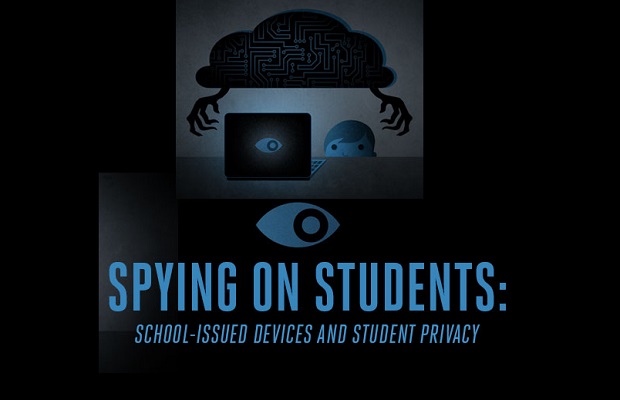Google has denied it broke its promises on using children’s personal data, after the Electronic Frontier Foundation (EFF) accused it of collecting and storing data from children using its products at school.

The civil liberties group said the data collected included “records of every internet site student’s visit, every search term they use, the results they click on, videos they look for and watch on YouTube, and their saved passwords”.
The results came from the EFF research, and were officially detailed in a complaint to the U.S. Federal Trade Commission on Monday.
Specifically, Google’s “Sync” feature in its Chrome browser is enabled by default on Chromebooks that are sold to schools, without obtaining permission from students or their parents. This feature allows Google to track, store and data mine a myriad of online activities by students, including sites visited and searches conducted.
Google’s alleged tracking is said to violate the Student Privacy Pledge that the company signed earlier this year, along with Apple, Microsoft and others. The agreement intends to keep student information safe, and according to the EFF the pledge is legally enforceable.
Prior to signing the Student Privacy Pledge in January, Google had maintained that its internal policies were enough to demonstrate a commitment to student data privacy.
The practice EFF uncovered while researching its “Spying on Students” campaign, which launched today.
The campaign was created to raise awareness about the privacy risks of school-supplied electronic devices and software. EFF examined Google’s Chromebook and Google Apps for Education (GAFE), a suite of educational cloud-based software programs used in many schools across the country by students as young as seven years old.
“Despite publicly promising not to, Google mines students’ browsing data and other information, and uses it for the company’s own purposes. Making such promises and failing to live up to them is a violation of FTC rules against unfair and deceptive business practices,” said EFF Staff Attorney Nate Cardozo. “Minors shouldn’t be tracked or used as guinea pigs, with their data treated as a profit center. If Google wants to use students’ data to ‘improve Google products,’then it needs to get express consent from parents.”
“Not using data for adverts”
In response, Google said it used the data only to improve its products and services and not to target adverts – in line with its commitments.
Google said: “There are no ads in these core services, and student data in these services is not used for advertising purposes.”
In a blogpost on Wednesday, Google said “personally identifiable” data collected was only “used to power features in Chrome for that person, for example allowing students to access their own browsing data and settings, securely, across devices”.
“In addition, our systems compile data aggregated from millions of users of Chrome Sync and, after completely removing information about individual users, we use this data to holistically improve the services we provide.
“For example, if data shows that millions of people are visiting a webpage that is broken, that site would be moved lower in the search results. This is not connected to any specific person nor is it used to analyse student behaviours.”
Google denied the EFF’s allegation that the practice was not in line with its commitment to the Student Privacy Pledge, which prohibits it from misusing children’s data.
The pledge was co-written by the Future of Privacy Forum and the Software and Information Industry Association, and Google said both organisations had “criticised EFF’s interpretation of the pledge and their complaint”.
